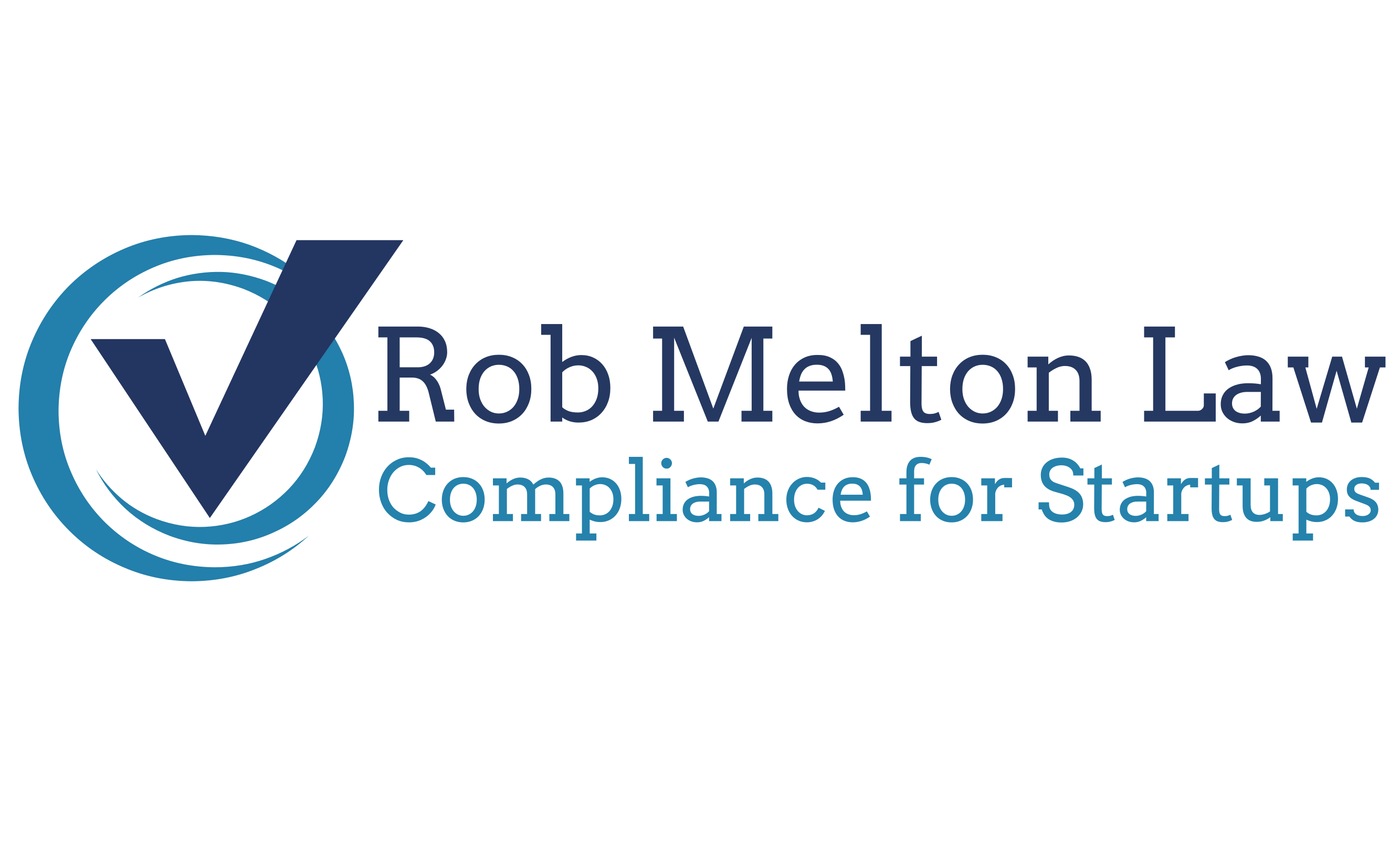Summary of the Antikickback Statute and Stark Law:
The Antikickback Statute and Stark Law are two important federal laws in the United States that regulate healthcare practices, particularly with regard to financial relationships and referrals.
The Antikickback Statute, found in 42 U.S.C. § 1320a-7b, prohibits the exchange of remuneration in any form (e.g., cash, gifts, or services) to induce or reward referrals for services reimbursed by federal healthcare programs, such as Medicare and Medicaid. Its primary aim is to prevent fraud, abuse, and potential conflicts of interest in healthcare by ensuring that referrals are based on medical necessity rather than financial incentives.
The Stark Law, also known as the Physician Self-Referral Law, is found in 42 U.S.C. § 1395nn. It prohibits physicians from referring patients for certain designated health services to entities with which they have a financial relationship, unless an exception applies. The Stark Law aims to prevent self-referral arrangements that may lead to overutilization, increased healthcare costs, and compromised patient care.
Both laws have specific requirements, exceptions, and penalties for noncompliance. They are designed to safeguard the integrity of healthcare services, protect patients, and maintain the trust in the healthcare system.
Risks of Noncompliance with the Antikickback Statute and Stark Law:
Noncompliance with the Antikickback Statute and Stark Law carries significant risks for healthcare organizations, providers, and individuals involved. These risks include:
a) Civil and Criminal Penalties: Violations of the Antikickback Statute and Stark Law can lead to substantial civil monetary penalties, including fines, exclusion from federal healthcare programs, and potential imprisonment for criminal offenses. The penalties can be levied against individuals, organizations, and healthcare professionals involved in noncompliant activities.
b) False Claims Liability: Noncompliance with these laws can trigger liability under the False Claims Act. Submitting claims for reimbursement based on referrals or relationships that are in violation of the Antikickback Statute or Stark Law can result in substantial financial penalties and liability for submitting false or fraudulent claims.
c) Reputational Damage: Noncompliance can tarnish the reputation and trust of healthcare organizations and providers. News of violations can damage relationships with patients, payers, and the public, leading to decreased patient volume, loss of referrals, and a negative impact on the organization’s overall business.
d) Loss of Reimbursement: Violations of the Stark Law can result in the denial of reimbursement for services provided as a result of noncompliant referrals or arrangements. This loss of reimbursement can have a severe financial impact on healthcare organizations and providers.
Summary of How Organizations Comply with the Antikickback Statute and Stark Law:
To ensure compliance with the Antikickback Statute and Stark Law, healthcare organizations employ various measures, including:
a) Compliance Programs: Implementing comprehensive compliance programs that include policies, procedures, and employee training to educate staff about the laws, promote adherence, and establish mechanisms for reporting and addressing potential violations.
b) Reviewing Financial Arrangements: Conducting regular reviews and evaluations of financial arrangements, contracts, and referral relationships to ensure they comply with the laws and meet the exceptions and safe harbor provisions.
c) Consulting Legal Counsel: Seeking legal advice and guidance from healthcare attorneys experienced in healthcare fraud and abuse laws to ensure compliance and navigate complex regulatory requirements.
d) Documenting Fair Market Value: Ensuring that financial relationships and compensation arrangements are based on fair market value, supported by appropriate documentation and justifications.
e) Utilizing Exceptions and Safe Harbors: Utilizing applicable exceptions and safe harbors provided under the laws to structure relationships and arrangements that comply with the Antikickback Statute and Stark Law.
f) Regular Audits and Monitoring: Conducting internal audits and monitoring activities to assess compliance, identify potential risks, and promptly address any violations or areas of concern.
Compliance with the Antikickback Statute and Stark Law requires a diligent and proactive approach to mitigate the risks associated with noncompliance. Organizations must stay updated on relevant regulations, continuously evaluate their practices, and take appropriate measures to ensure adherence to these laws, promoting transparency, and maintaining the integrity of healthcare services.

